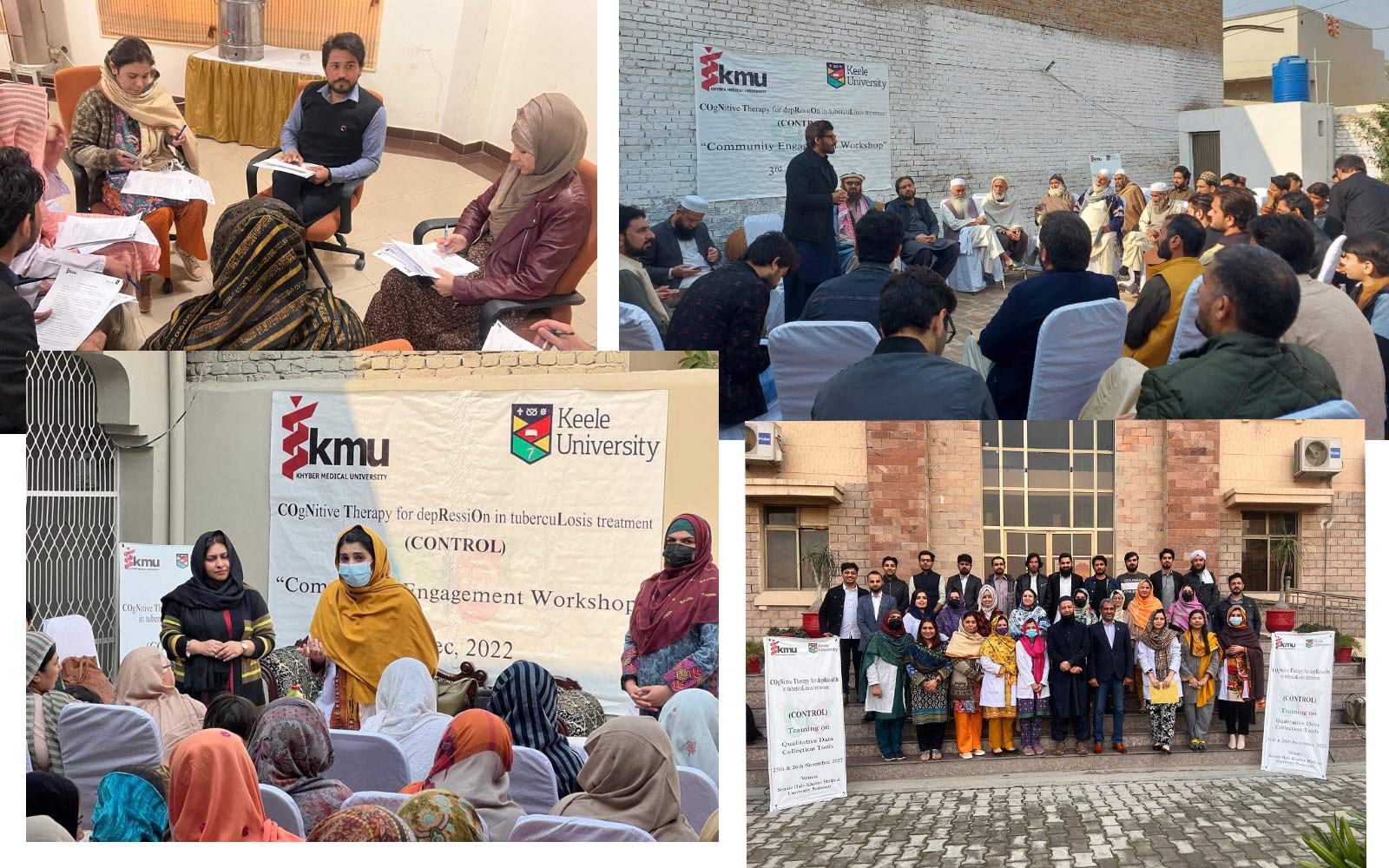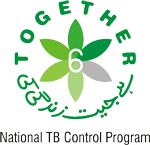CONTROL
Cognitive Therapy for depression in Tuberculosis treatment: a programme of research to improve outcomes for depression and TB in Pakistan.
This project is led by colleagues in the Institute for Global Health.
 Funding from the NIHR Research and Innovation for Global Health Transformation Grant has been secured by researchers on a 48-month project regarding Tuberculosis (TB) and mental health in low- and middle-income countries (LMICs).
Funding from the NIHR Research and Innovation for Global Health Transformation Grant has been secured by researchers on a 48-month project regarding Tuberculosis (TB) and mental health in low- and middle-income countries (LMICs).
 Worldwide, TB is the 10th leading cause of death. Depression is a major multimorbidity with TB in most LMICs. Pakistan is ranked fifth among TB high-burden countries and has fourth highest prevalence of MDR-TB globally.
Worldwide, TB is the 10th leading cause of death. Depression is a major multimorbidity with TB in most LMICs. Pakistan is ranked fifth among TB high-burden countries and has fourth highest prevalence of MDR-TB globally.
The CONTROL programme aims to develop and test psychological intervention for treating depression in Pakistani and Afghan refugee TB (and multi-drug resistant TB) patients and to improve their adherence with anti-TB treatment. The programme also aims to test the intervention’s effectiveness and cost effectiveness and examine how the intervention can be implemented in real-world settings.

"This will be the first study in which teams in the UK, Pakistan, Afghanistan and other countries will work together to develop a psychological treatment for depression in TB and then test its effectiveness."
CONTROL is jointly led by Professor Saeed Farooq from Keele University and Dr Zohaib Khan from Khyber Medical University (Pakistan). The programme will bring together the diverse experience of the other co-investigators from a variety of different organizations, as seen below:
|
Joint Lead Institutions |
Co-Applicants |
||
|
UK |
Pakistan |
Pakistan |
Netherlands |
|
Keele University:
|
Khyber Medical University:
|
University of Peshawar:
|
Healthnet TPO:
|
|
University of Leeds:
|
Lady Reading Hospital:
|
Pakistan Association of Cognitive Therapy:
|
|
|
|
Dr Haroon Rashid Clinic:
|
TB control programme of Khyber Pakhtunkhwa |
|
The CONTROL programme consists of four work packages:
- WP1 - Developing intervention using evidence synthesis based on ethnographic and qualitative methods for incorporating the perspectives of patients and care givers (family and health professionals).
- WP2 - Inbuilt pilot RCT to test and refine intervention with a clear progression criterion to the definitive trial.
- WP3 - A randomised controlled trial to test if the CONTROL intervention is successful in improving the outcomes both for depression and TB, and also whether the CONTROL intervention is cost-effective.
- WP4 - A process evaluation to understand the challenges and scale-up in TB control programmes. We will interview patients, staff, and policy makers to explore acceptability and experiences. We will also see how the CONTROL intervention, if successful, could be modified for other chronic infections such as Hepatitis C.
Capacity building and community engagement are major components of the CONTROL programme. Five PhD studentships (joint supervision between Keele and KMU) and eight Masters in Public Health studentships (KMU) will be offered, alongside post-doctoral research fellow positions.

Community Engagement focuses on actively engaging with the local and Afghan refugee communities to spread awareness regarding the CONTROL project, TB and mental health outcomes, and to address any prevailing myths. There is active inclusion of and engagement with the typically under-represented group of women.
Study updates
The CONTROL launch and inaugural showcase of the project spanned over two days (7 and 8 October 2022) at the Pearl Continental Hotel, Burhban, Pakistan.

Please click here for the 2023 study launch report.
- Refresher training on mhGAP for MOs
- Refresher training for DOTS
- Training for DOTs on CBT
- RCT Workshop 7 Nov 2023
- Six days workshop on overview and data collection tools
- PPIE training session with PPIE Advisory Group members
- CONTROL PPIE training sessions, April and May 2023
- CONTROL Journal Club
- CONTROL Tuberculosis & Mental Health workshop
- CONTROL qualitative workshop CD03
- CONTROL CBT training workshop CD02
- CONTROL qualitative workshop CD01















